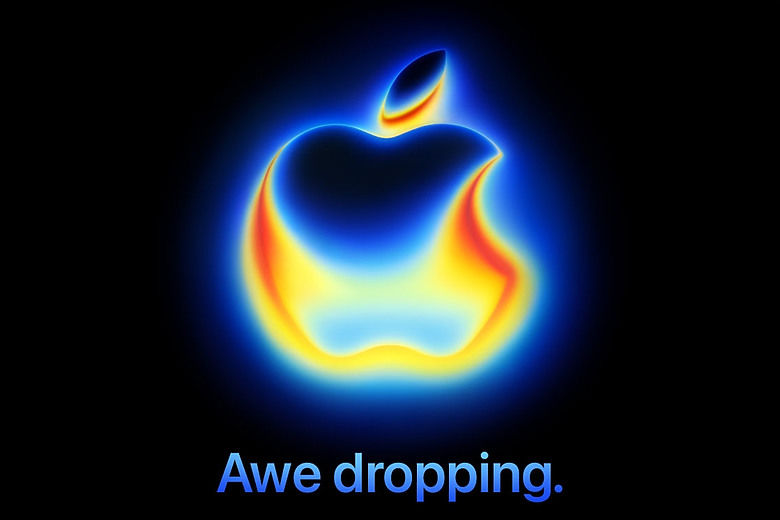我是個switcher 使用了mac大概一年了 最近突然想到我買了這台之後重來沒有磁碟重組過
上了google後查到了一些 apple 對 硬碟重組的意見
可是我算是常常有在使用BT (Azureus) 有時還是認為要重組一下比較好 請問各位到底有沒有必要呢?
About optimization and fragmentation
Disk optimization is a process in which the physical locations of files on a volume are "streamlined." Files and metadata are re-arranged in order to improve data access times and minimize time moving a hard drive's head.
Files can become "fragmented" over time as they are changed and saved and as the volume is filled, with different parts of a single file stored in different locations on a volume. The process of collecting file fragments and putting them "back together" is known as optimization. However, if a failure occurs during optimization, such as power loss, files could become damaged and need to be restored from a backup copy.
Do I need to optimize?
You probably won't need to optimize at all if you use Mac OS X. Here's why:
■ Hard disk capacity is generally much greater now than a few years ago. With more free space available, the file system doesn't need to fill up every "nook and cranny." Mac OS Extended formatting (HFS Plus) avoids reusing space from deleted files as much as possible, to avoid prematurely filling small areas of recently-freed space.
■ Mac OS X 10.2 and later includes delayed allocation for Mac OS X Extended-formatted volumes. This allows a number of small allocations to be combined into a single large allocation in one area of the disk.
■ Fragmentation was often caused by continually appending data to existing files, especially with resource forks. With faster hard drives and better caching, as well as the new application packaging format, many applications simply rewrite the entire file each time. Mac OS X 10.3 Panther can also automatically defragment such slow-growing files. This process is sometimes known as "Hot-File-Adaptive-Clustering."
■ Aggressive read-ahead and write-behind caching means that minor fragmentation has less effect on perceived system performance.
For these reasons, there is little benefit to defragmenting.
個人的心得是:
(1) 對於 Application 啟動速度有影響,加速幅度不一,通常 Application 的 image 越大,加速越多。最明顯的是 Adobe PhotoShop CS3
(2) 同樣的 kernel module configurations 開機會加速一點,但也僅限第一次重整,後續的重整也加速不了了
Disk defragment 的問題永遠吵不完,FAT 等舊的檔案系統是一定要 defragment,否則會有一些小碎片空間無法再重複使用,如果您對 NTFS 檔案系統夠了解,誰說 NTFS 一定要 defragment 呢?
Mac 的 file system 比起 NTFS 在理論上有稍稍好一些,但是實際應用的時候所造成的 disk fragmentations 效應跟 NTFS 雷同,同樣會讓某些工作效能降低。OS X 比起 Windows XP 的優勢在於 OS X 的 configurations 一但固定之後就存在你的 /System/Library/Extensions.kextcache 和 Extensions.mkext,應用程式的 preferences 也存在各自的目錄少有修改,所以裝機完後做完第一次 defragment 大致上以後開機的速度就差不多一樣快。Windows XP 的死結在於 system registry file 每次開機,或是跑應用程式之後都會更動內容,重新寫回硬碟。拜這個 registry file 之賜,你的 Windows XP 就因為 disk fragmentations 隨著系統使用日子越久 fragment 越多,而這個 registry file 也越來越分散,要死不死 registry file 是 Windows XP 開機,啟動應用程式必要的一個檔案,所以就這樣系統被拖垮了。Disk fragmentations 是個系統裡面難以避免的現象,任何的 OS 都有這個問題,只是聰明的 OS 會讓 OS kernel 本身不會因為這個物理現象拖垮自身的效能。Windows XP 就是輸在這個 registry file 的機制。想要知道更多,可到 Google 上面 search。
小小建議:
愛用就用吧,不需要想太多,Disk Fragmentations 是每個 OS 都有的,效能的衝擊會隨著儲存裝置的進步而減少。到了 NAND Flash Disk 之後,我想我會停掉 defragment 的習慣,因為 flash 的讀寫生命週期比現行的硬碟短一些,defragment 會降低使用壽命。































































































